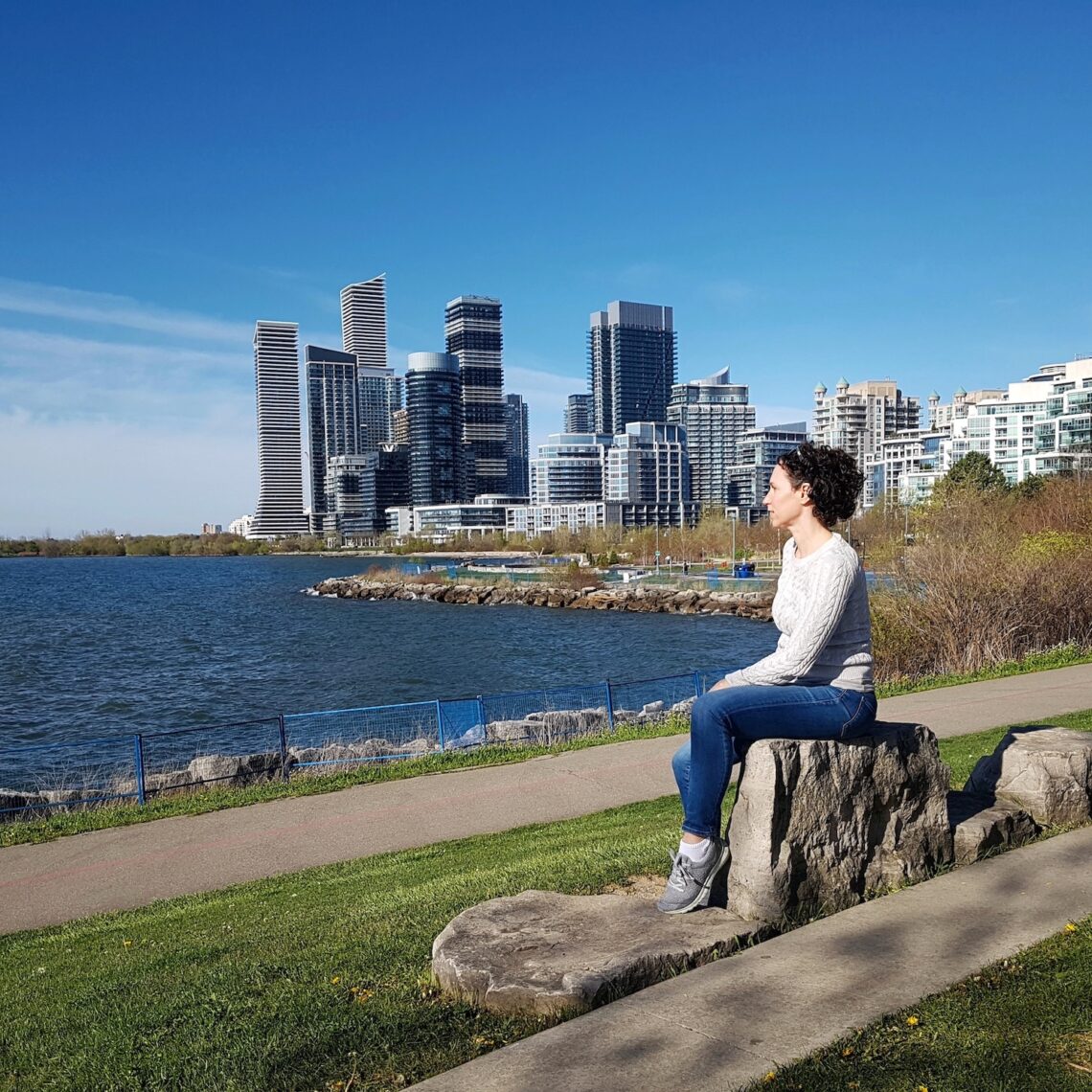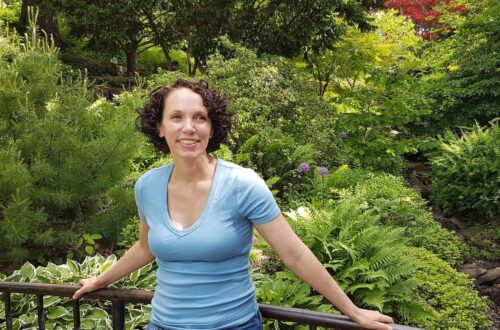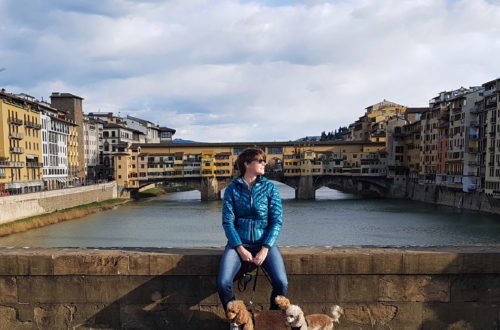
Money Worries And Retirement
Why We Worried About Retiring Early
Just before we reached financial independence and said goodbye to our jobs, we had a lot of fears and worries about making this significant change in our lives. Many of these worries related to the emotional side of early retirement: the loss of identity after giving up our corporate jobs; feeling isolated when we no longer had colleagues for casual daily interactions; the possibility of becoming bored when we no longer had our daily work routines to provide structure to our lives.
But there was also a practical, financial side to our worries. After all, we weren’t just giving up our careers; we were giving up the comfort of receiving monthly paychecks and watching our net worth steadily grow. Were we making the right decision from a financial perspective? Had we saved enough? Would we eventually run out of money?
Losing Our Paychecks
Let’s get started by talking about the stress we had at the prospect of no longer having a salary and losing our paychecks. We had both worked continuously from the time we graduated to the day we retired. So we were very used to having regular cash coming into our bank account from our respective employers every month.
Of course, we knew we would have our portfolio of investments to rely on. That’s what allowed us to retire in the first place. The challenge was how to structure our investments so that they could provide us with a regular cash flow. This would take the place of the paychecks we were so used to receiving.
And, of course, we were nervous about the prospect of selling off our equities in order to fund our day to day living expenses. If we were selling in a down market, this could potentially reduce our net worth really early in our retirement.
The solution for us was to allocate a portion of our investments to fixed income. In our case, our fixed income investments are not the typical government or corporate bonds; instead we hold higher yielding syndicated mortgages. These fixed income investments provide us with monthly interest payments. This basically replaces the paychecks that we gave up when we quit our corporate jobs and gives us a feeling of reassurance as we move forward with our new life.
Living Frugally
The next thing we worried about was whether our annual budget was enough and if we were going to have to live frugally for the rest of our lives.
We enjoy being frugal and saving money but we were worried that we could end up living permanently on a lot less than we were comfortable with. This worry really comes down to answering the big question about retirement: Have I saved up enough money to support my desired lifestyle for the rest of my life?
If you’ve read our blog or seen our videos, you hear us talk a lot about living frugally and saving money. This isn’t because we’re concerned about making ends meet. It’s because we enjoy getting the most value for every dollar we spend. We like tracking our spending and seeing how far our money can go; that’s one of the reasons we love traveling in low cost countries. In fact, our spending is purposefully lower than it needs to be. This is all part of our strategy to live more frugally for the first few years of our retirement.
We ended up being very conservative and saving more than we need to spend. So the answer is no, we won’t need to live frugally forever.
Living Overseas
On a similar note, will we need to be nomads living overseas forever? If you’ve been following our story, you’ll know that we don’t have a permanent home. We’re traveling full time with a focus on lower cost countries in Europe.
Before starting this lifestyle, we worried about what would happen if we wanted to stop traveling and make a home somewhere. If so, would it have to be in a low cost country because we simply couldn’t afford to live long term in our home country of Canada?
Fortunately, one of the benefits of being expats is that we’re a little more flexible about where we call home. Because we worked in Singapore for six years, we don’t feel limited by having to settle down in the city where we were born and raised. We feel that we have the whole world to choose from and we don’t have to be settled in a high cost country long term.
That said, if we did want to eventually settle back in our home country, or someplace equally expensive, we’ve accommodated for this cost in the next phase of our retirement plan, which we’ll talk about now.
Growing Older
Where we live later in life was bundled with a lot of other concerns about what happens when we grow older. We know that growing older can come with all sorts of additional costs. What if we want to live closer to our families in a high cost country? What if we have health issues? What if we want more material comforts or even luxuries as we get older?
Given that there might be a number of unknown costs, we decided to have two phases to our retirement. First, an earlier phase — the one we’re in right now — when we choose to live more frugally. Then we’ll have a later phase when we can increase our spending in line with our needs. The extra budget could go towards luxuries, like taking our family on a getaway, or on practical requirement, such as if we need additional care due to health issues. Or it could go towards increasing our charitable donations. Whatever the reason, we’ve budgeted to have that buffer later in life.
Recession
Finally we were worried about economic events beyond our control. Who could have predicted that in our first year of retirement we would see a global pandemic and the start of a recession?
Of course, we didn’t know that these specific events would happen but we always knew there was a risk of an economic downturn once we retired. That’s why we put a lot of time into our risk management strategy in the year before we retired. We wanted to have all the details in place so that we would feel confident that we could weather any prolonged storms.
Here are a few key pieces of our risk management approach…
- Saving up enough money to begin with so that we have a comfortable buffer
- Setting aside a year’s worth of cash in a savings account in case there are any interruptions to our cash flow. That way our day-to-day living expenses are never impacted.
- Finally, establishing an emergency fund to cover the unexpected above and beyond our regular living expenses.
Now that we’re in the midst of a recession, we feel that our risk management plan has been well tested and our needs are taken care of. There shouldn’t be any need to sell off our equities at a loss to cover daily living expenses.
Leaving Money Stress Behind
Now that we’re well into the first year of early retirement, we’re actually less stressed about money now than in all the years leading up to retirement.
Before we reached financial independence, stressing about money had become a full time job. We were busy analysing our spending, cutting costs, questioning our investments, debating our financial independence number, trying to get our plans in order. We were focused on our finances 24/7.
Once we reached financial independence, suddenly things felt very different. We had achieved our financial goal and could feel confident that our investments and cash flow and emergency fund were all in place. We finally felt free of stress and worry and were ready to focus on our new life.
If you’re interested in financial independence and early retirement, click here to subscribe to our YouTube channel.





3 Comments
Pingback:
SM
Hi,
Do you talk anywhere about the health insurance because I haven’t noticed to write about it?
Can you tell whether you self-insure or have a plan through some company? Can you share any recommendations?
Thx, Sam
Our Freedom Years
Hi Sam – Great question. Here’s a link to our post about our insurance provider: https://ourfreedomyears.com/medical-coverage-abroad/